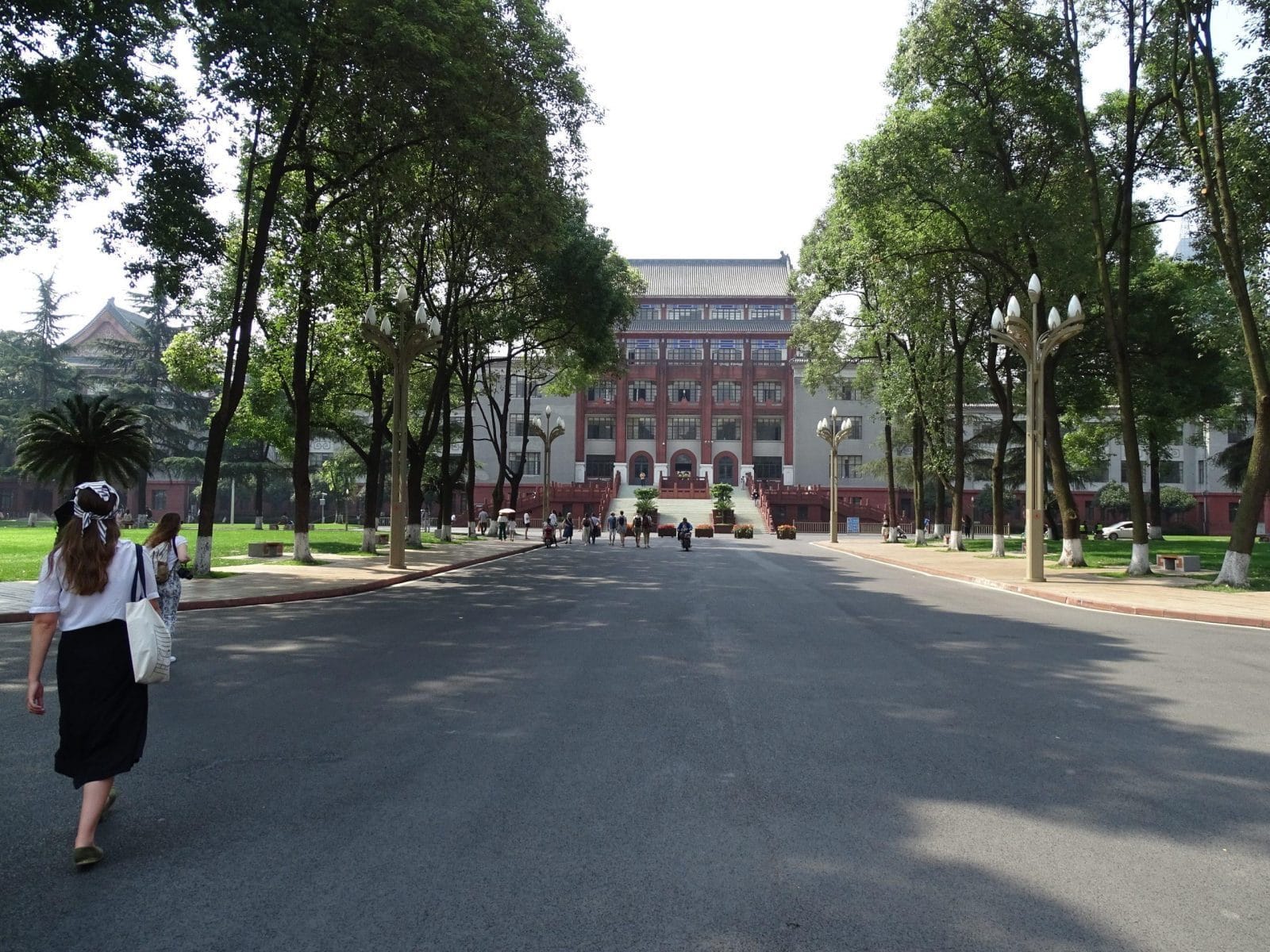All the staff of the school, administrative as well as teaching, permanent as well as contractual, can apply for an Erasmus+ mobility through the school's partnerships and international department.
The different mobilities
There are several types of Erasmus+ staff mobility:
- Training mobility for teaching and administrative staff, in the context of professional development activities: training, internship or observation mission. Structured courses and language courses are eligible, but conferences are excluded. Teacher mobility prioritises projects with the objective of pedagogical innovation and the development of new curricula.
- Teaching mobilities: minimum 8 hours of teaching (lectures are not eligible)
- Combined teaching (minimum 4 hours of teaching) and trainingmobility for teachers
- Teaching assignments at ENSA Normandie for visiting staff from foreign public or private companies (the 8 hours of teaching are not required).

Where?
Education and training mobilities can take place in an EU Member State, a third country associated to the program or a third country not associated to the program.
How long?
The duration of the mobility is from 2 days to 2 months excluding travel. The average duration is 5 days.
When and how to apply?
Staff members applying for mobility must inform the ENSA Normandie's partnerships and international department of their plans. For administrative staff, the choice is made by the management. For teaching staff, the choice is made by the CFVE.
The selection criteria are :
- Relevance of the request to the position held (administrative staff)
- Relevance of the request in terms of pedagogy and/or research (teaching staff)
- Priority to applicants who have never participated in an Erasmus+ mobility
- Number of program-funded spaces available


Documents to be completed
An "Erasmus + mobility kit" including a mobility contract and a pedagogical contract is completed and signed by the participant, ENSA Normandy and the host organisation before the start of the mobility period.
The mobility contract defines the amount and conditions of the financial support granted to the participant.
The learning agreement sets out the educational or training objectives and describes the activities that the participant will carry out during the mobility period.
A certificate of attendance signed by the host institution is given by the participant to ENSA Normandie on his/her return. The participant submits an Erasmus+ participant report online on the dedicated European platform within 30 calendar days of the invitation email.
THE AID
Erasmus+ support for staff mobility consists of subsistence costs plus travel costs.
Accommodation costs:
Four groups of countries have been established according to the cost of living. The amount indicated is per day of mobility depending on the country for living expenses (accommodation and meals)
- Andorra, Austria, Belgium, Denmark, Finland, Germany, Faroe Islands, Iceland, Ireland, Italy, Liechtenstein, Luxembourg, Monaco, Netherlands, San Marino, Norway, Sweden, Switzerland, Vatican City, United Kingdom: 150€ until day 14 //105€ from day 15
- Cyprus, Czech Republic, Estonia, Greece, Latvia, Malta, Portugal, Slovakia, Slovenia, Spain : 133€ until day 14 // 93€ from day 15 onwards
- Bulgaria, Croatia, Hungary, Lithuania, North Macedonia, Poland, Romania, Serbia, Turkey : 116€ until day 14 // 81€ from day 15 onwards
- Other countries : 190€ up to day 14 // 133€ from day 15 onwards
Travel costs :
The contribution applies to the round trip to the mobility destination. Only the outward journey is taken into account in determining the distance and rate. In the case of eco-responsible transport (carpooling, train, boat), travel costs are reassessed.
Proof of eco-responsible transport will be requested.